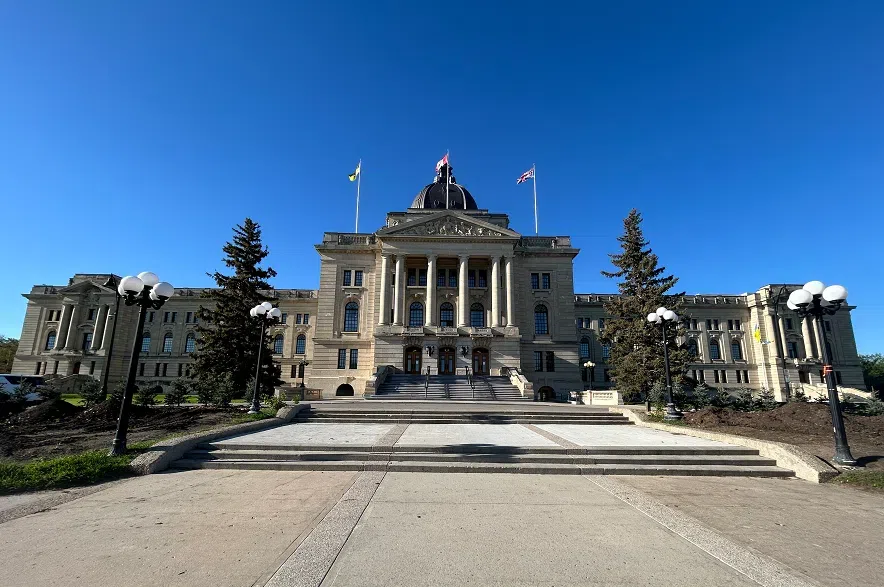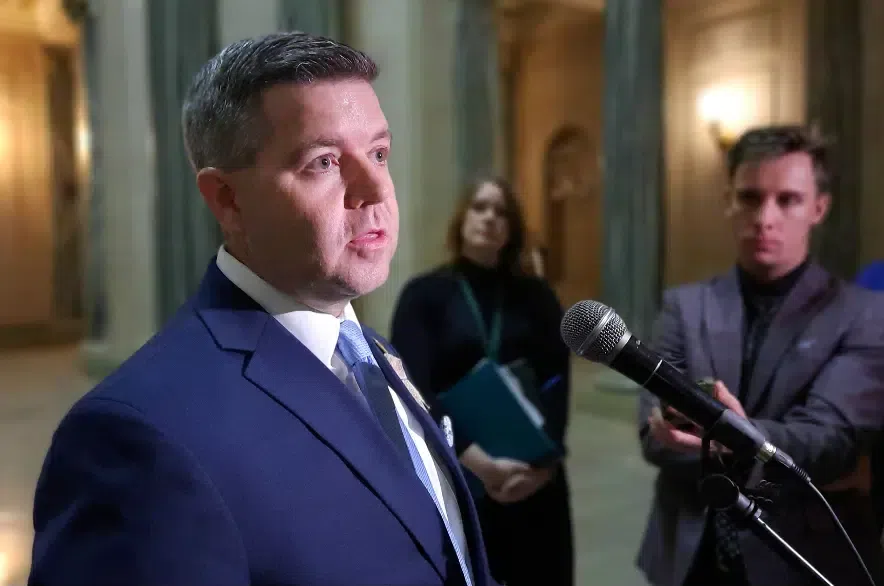Saskatchewan’s trade minister says removing the carbon tax from home heating bills helped the province tie for the lowest inflation rate of any province in Canada.
Saskatchewan’s Consumer Price Index increased by 1.4 per cent in June when compared to June 2023, the provincial government reported on Tuesday, meaning Saskatchewan and Manitoba were tied for the lowest increase among provinces.
In February, the provincial government announced that it would not remit the carbon tax on natural gas used for home heating to Ottawa, setting off the latest fight between the provincial and federal governments over the controversial environmental tax.
The move was prompted by a carbon tax exemption offered to those who heat their homes with oil, which is common in Atlantic Canada but rare in Saskatchewan. That decision prompted accusations of unfairness from the provincial government and led to the province’s refusal to collect or remit the tax on homes heated with natural gas or electricity.
The Canada Revenue Agency responded with an attempt to collect the funds directly from the provincial government, and that chapter, the latest in a long-running dispute, has not yet been resolved.
Jeremy Harrison, Saskatchewan’s minister of trade and export development, said the carbon tax decision led directly to the low inflation rate posted last month.
Trade and Export Development Minister Jeremy Harrison says dropping the carbon tax on heat drove down Saskatchewan’s inflation rate in June. (Lisa Schick/980 CJME)
“Saskatchewan has the lowest inflation rate in Canada as a direct result of our Government’s refusal to collect and remit the carbon tax,” Harrison said in a statement.
“We will continue to provide necessary relief for Saskatchewan families while fighting back against the Trudeau/NDP coalition government as they threaten to have the Canada Revenue Agency unconstitutionally garnish money from our province’s taxpayers. Our government will always stand up for Saskatchewan people.”
The Government of Saskatchewan has opposed the carbon tax since it was first implemented in 2018, taking an unsuccessful legal challenge against the tax all the way to the Supreme Court of Canada.
In addition to the low inflation rate, the provincial government noted that private capital investment in Saskatchewan is seeing significant growth, and is projected to increase by 14.4 per cent to $14.2 billion this year.
“This is the highest anticipated percentage increase in Canada,” the ministry noted.












